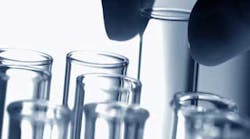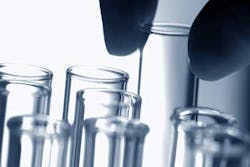Research news: DEL-1's one-two punch may pave the way to a new class of endogenous therapeutics for treating periodontitis and other inflammatory disorders
It is well supported in the literature that untreated periodontitis can increase an individual’s chance of developing other inflammatory diseases such as cardiovascular disease and rheumatoid arthritis. Since such a large number of people suffer from rampant caries, the ongoing research into reducing inflammation is, for a number of reasons, a justifiable focus in the quest to promote oral-systemic health.
FOR FURTHER STUDY | Interdisciplinary management of a complex maxillary implant restoration
FOR FURTHER STUDY | Understanding and managing peri-implant bone loss
“In vitro, in human and mice osteoclast precursor cells, DEL-1 prevented osteoclast differentiation by inhibiting NFATc1 activity. In vivo, in mouse and nonhuman primate models of periodontitis, giving DEL-1 locally reduced inflammation and tissue destruction, thus halting any tissue loss. The mechanism appears to be two-pronged: working “upstream” in disease-signaling pathways to prevent inflammatory cell recruitment to the teeth and gums, as well as acting “downstream” to stop osteoclastogenesis. With data in a monkey model that represents the human disease, anatomy, and immune system closely, it is likely that DEL-1–based therapeutics could translate soon once safety of this endogenous molecule is confirmed.” (1)
Read the abstract from PubMed here.
FOR FURTHER STUDY |Increasing dental case acceptance through the use of salivary diagnostics
Reference
1. Shin J, Maekawa T, Abe T, Hajishengallis E, Hosur K, Pyaram K, Mitroulis I, Chavakis T, Hajishengallis G. DEL-1 restrains osteoclastogenesis and inhibits inflammatory bone loss in nonhuman primates. Sci Transl Med. 2015;7(307):307ra155. doi: 10.1126/scitranslmed.aac5380.

